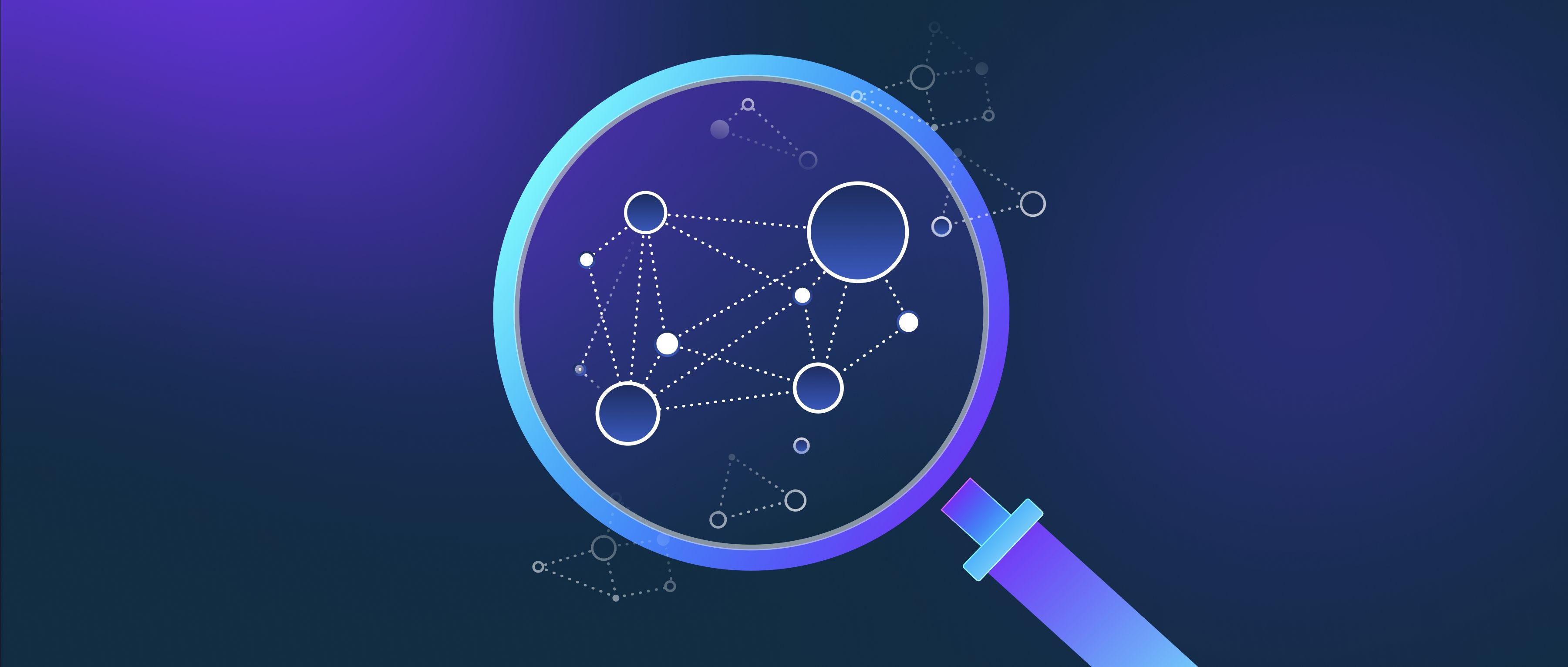AI agents integrate with Internet of Things (IoT) systems by processing data from various connected devices and making intelligent decisions based on that data. These agents can analyze sensor inputs in real time, identify patterns, and automate responses without requiring constant human oversight. For instance, in a smart home system, an AI agent can gather temperature readings from smart thermostats and decide to adjust heating or cooling settings based on user preferences or weather forecasts.
Another key aspect of AI's integration with IoT is predictive analytics. By leveraging historical data, AI agents can foresee potential issues before they occur, such as predicting maintenance needs in industrial machinery. For instance, if a factory's IoT sensors indicate that a machine is consistently vibrating more than normal, the AI agent can flag this information and suggest a scheduled maintenance check before a more significant failure happens. This ability to anticipate problems helps organizations save time and reduce costs.
Lastly, AI agents facilitate enhanced decision-making through data aggregation and insights. They collect data from various IoT devices, analyze it, and present actionable insights to users or other systems. For example, in a smart city application, an AI agent might gather traffic data from connected vehicles and sensors, then recommend optimal routes to reduce congestion. By integrating AI with IoT systems, developers can create more responsive, efficient, and intelligent applications that add real value to everyday operations.
